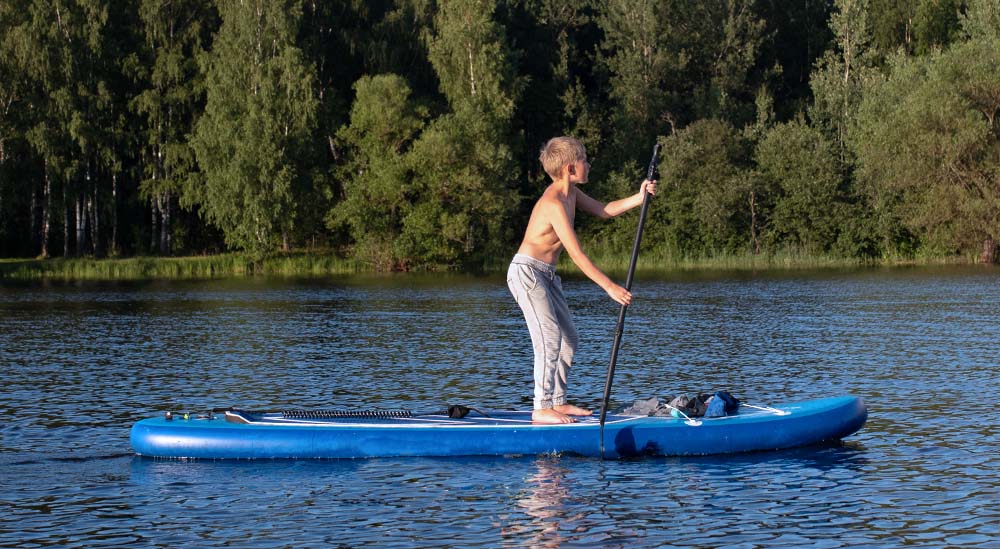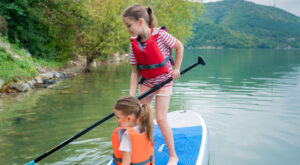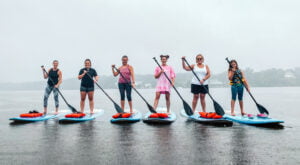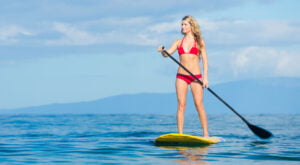Paddle boarding, a water sport that is gaining popularity in the UK, offers a unique blend of relaxation and adventure. It’s a fantastic way to explore the country’s beautiful waterways, but before you grab your paddle board and head out, there are some important things you need to know. This guide will cover everything from the basics of paddle boarding to the specifics of obtaining a paddle board licence in the UK.
Licence Requirements for Paddle Boarding in the UK
One question that often arises for those new to paddle boarding in the UK is whether a licence is required. The answer is yes – if you’re planning to paddle board on certain waterways in England and Wales, you will need a waterway licence.
The Requirement of a Waterway Licence
A waterway licence is required for paddle boarding on over 4,500km of waterways that are managed by the Canal & River Trust, the Environment Agency, the Broads Authority, and a number of other waterway authorities. This licence ensures that you are adhering to the rules and regulations set out by these authorities.
The Role of Canal & River Trust, the Environment Agency, and the Broads Authority
These organisations play a crucial role in managing the UK’s waterways. They ensure that these waterways are safe and accessible for everyone, and they also work to protect the environment and wildlife that call these waterways home.
How to Obtain a Paddle Board Licence in the UK
Obtaining a paddle board licence in the UK is a straightforward process. Here’s what you need to know.
The Process of Applying for a Licence
You can apply for a waterway licence through the British Canoeing website. The process involves filling out an application form and paying a fee.
Costs Associated with a Paddle Board Licence
The licence costs £47 for the year when you purchase through British Canoeing and covers around 4,500km of waterways.
The Coverage of the Licence
A paddle board licence in the UK is more than just a permit; it’s your ticket to explore an extensive network of waterways. This network spans across England and Wales, covering a total of around 4,500km of waterways.
When you purchase a licence through British Canoeing, you gain access to the waterways managed by the Canal & River Trust, the Environment Agency, the Broads Authority, and several other waterway authorities. This includes a variety of water bodies such as canals, rivers, and broads, each offering a unique paddle boarding experience.
Canals, with their calm and flat waters, are perfect for beginners or those seeking a peaceful paddle boarding session. Rivers offer a bit more of a challenge with their flowing waters, making them a great choice for more experienced paddle boarders. Broads, on the other hand, are expansive and often surrounded by stunning natural scenery, providing a fantastic backdrop for your paddle boarding adventure.
It’s important to note that the licence does not cover all waterways in the UK. Some water bodies may be managed by different authorities or private entities, and they may have their own licensing requirements. Therefore, it’s always a good idea to check the specific rules for the waterway you plan to paddle on.
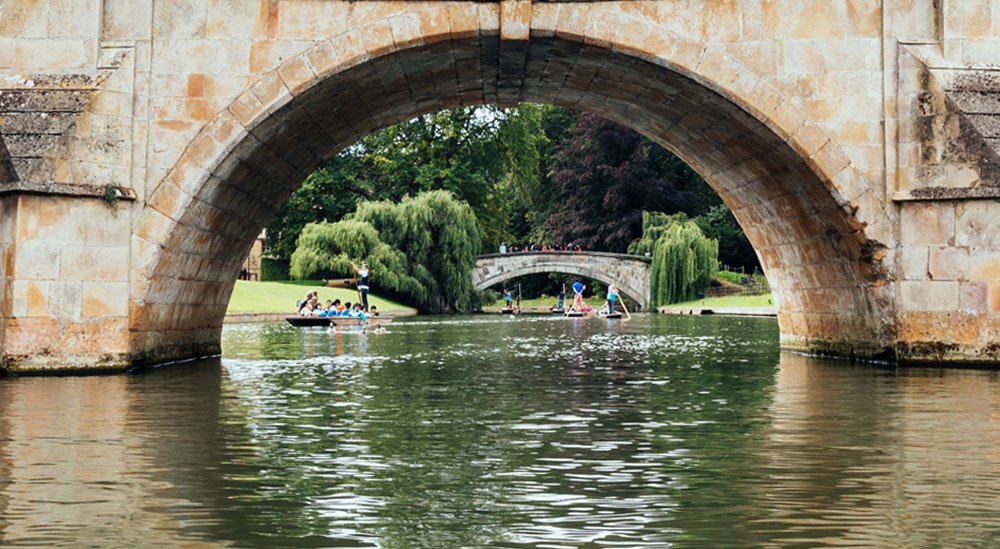
The Importance of Having a Paddle Board Licence
Having a paddle board licence is not just a legal requirement – it also offers a number of benefits.
Legal Implications of Paddle Boarding without a Licence
Paddle boarding without a licence on waterways where one is required can result in fines. It’s important to ensure that you have a valid licence before you head out on the water.
The Benefits of Having a Licence
Having a licence not only allows you to paddle board legally on a wide range of waterways, but it also contributes to the maintenance and preservation of these waterways.
Your licence fee helps to fund the work of the Canal & River Trust, the Environment Agency, and the Broads Authority, supporting their efforts to keep the UK’s waterways safe and beautiful for everyone to enjoy.
Paddle Boarding on Different Waterways in the UK
The UK is home to a diverse range of waterways, each with its own unique characteristics and rules. Whether you’re paddle boarding on a tranquil canal, a flowing river, or a vast lake, it’s important to understand the specific regulations that apply.
Understanding the Rules for Different Waterways
Different waterways have different rules and regulations. For example, some waterways require you to have a licence, while others do not. Some waterways have specific rules about where you can paddle and what equipment you need to have. It’s important to research the rules for the specific waterway you plan to paddle on.
Paddle Boarding on Rivers and Canals
Rivers and canals are popular choices for paddle boarding in the UK. They offer a peaceful and scenic environment for paddle boarding. However, you need a waterway licence to paddle board on the majority of managed rivers and canals in England and Wales.
Paddle Boarding on Non-navigable Waterways
Non-navigable waterways are bodies of water that are not suitable for navigation due to their size, depth, or other physical characteristics. For non-navigable waterways, the permission of the landowner is required to paddle board.
Starting Your Paddle Boarding Journey in the UK
Ready to start paddle boarding? Here’s what you need to know to get started exploring the country’s beautiful waterways and getting a full-body SUP workout.
Joining a Paddle Boarding Club
Joining a paddle boarding club is a great way to learn the ropes and meet other paddle boarders. Many clubs, including Juice Board Sports in Clayton West, Huddersfield, offer training sessions for beginners, as well as organised paddle boarding trips.
Essential Equipment for Paddle Boarding
Before you start paddle boarding, you’ll need to get the right equipment.
- Paddle Board: This is the most essential piece of equipment. There are different types of paddle boards suitable for various conditions and skill levels.
- Paddle: A paddle is used to propel yourself through the water. It’s important to choose a paddle of the right length for your height and the type of paddle boarding you’ll be doing.
- Leash: A leash connects you to your paddle board, preventing it from drifting away if you fall off. This is particularly important for safety in open water or fast-flowing rivers.
- Personal Flotation Device (PFD): A PFD or life jacket is a crucial safety item. It can keep you afloat in the water if you fall off your board.
- Suitable Clothing: Depending on the weather and water temperature, you might need a wetsuit or drysuit. Always remember to dress for the water temperature, not the air temperature.
- Waterproof Bag: A waterproof bag can be useful for carrying essentials like water, snacks, sunblock, and a first-aid kit.
- Safety Whistle and Light: These are important safety items, especially if you’re paddle boarding in busy waterways or low-light conditions.
By ensuring you have all the necessary equipment, you can enjoy your paddle boarding experience safely and comfortably.
Safety Measures for Paddle Boarding
Safety should always be your top priority when paddle boarding. This includes knowing how to swim, understanding the rules of the waterway, and being aware of the weather and water conditions.
Enjoying Paddle Boarding Responsibly in the UK
Paddle boarding is a fantastic way to explore the UK’s beautiful waterways. By understanding the rules and regulations, obtaining a paddle board licence, and following safety guidelines, you can enjoy this exciting sport responsibly.
As we’ve discussed, having a paddle board licence is not just a legal requirement – it’s also a way to contribute to the preservation of the UK’s waterways. So before you head out on the water, make sure you have your licence in hand.
As paddle boarders, we have a responsibility to protect the waterways we love. This includes following the rules, respecting other water users, and taking care of the environment. By paddle boarding responsibly, we can ensure that these beautiful waterways can be enjoyed by generations to come.
